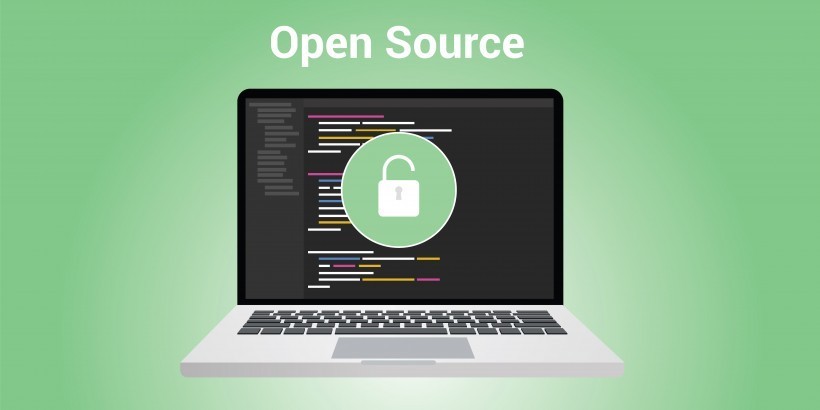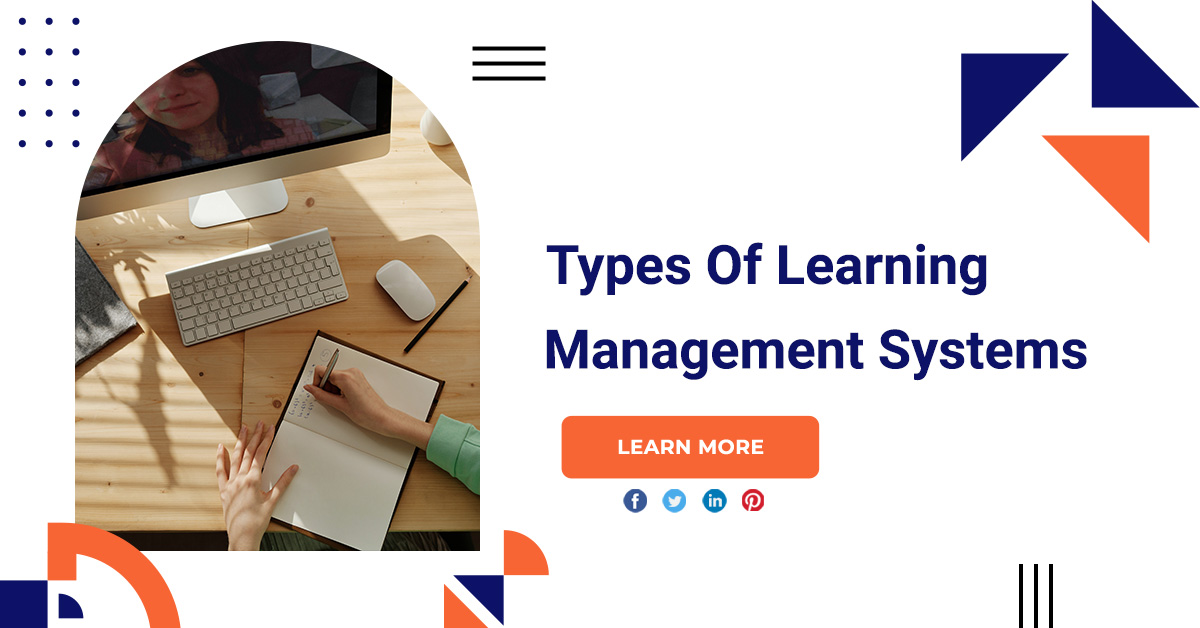Types Of Learning Management Systems
The Learning Management System or LMS is a software application that offers a complete educational framework for students with several learning resources online content and videos, documents, and several courses. a learning management system, an organization can easily set up a learning process using appropriate content and manage the entire delivery procedure of educational content very quickly and efficiently.
Learning management systems
Installed LMS
Installed LMS is a type of LMS that is locally hosted traditional applications and LMS software, it has to be installed on your premises and your server. This type of LMS gives you the power to customize every aspect of your software and store your database locally significantly removing any security risks. Hosted on your server, your team is in charge of setting up, maintaining, and upgrading the learning platform and system.
Web-based LMS
Web-based LMS, also known as Software as a Service LMS, was developed as a more cost effective alternative to installed LMS. Perhaps the biggest advantage of this of LMS is that it’s easily accessible through any browser, so there’s no need for a high installation fee. The LMS vendors handle their own software upgrades, maintenance, and solving of all possible tech issues.

Open-source LMS
Anyone with technical knowledge can use it to add or delete specific LMS features, build and customize elearning courses from scratch, and even modify the entire system so it matches your team’s specific needs. Having complete access to the source code means you’re also in charge of upgrading or fixing any bug issue.

Closed-source LMS
The open-source LMS, the closed-source LMS doesn’t provide its users with access to its source code. Need to purchase a license to use this platform, which is why it is usually dreaded by traditional instructors and training managers.
LMS with authoring tools
LMS with built-in authoring tools enables users to create their own digital courses and learning experiences even without technical expertise. This type of LMS, you can build courses from scratch, customize them based on your company policies and brand guidelines, and even add multimedia objects like videos, images, and audio.
Integration-capable LMS
Integration-capable LMS can be integrated or connected with other compatible applications that your company already has in place. These applications may include video conferencing apps like Zoom or Google Meet or human resources software like BambooHR.
Non-integrated LMS
A non-integrated LMS is the counterpart type of an integration-capable LMS. These learning management systems have built in core features, restricting any third-party integrations and other online learning management systems.
Enterprise LMS
Enterprise LMS, also called commercial LMS, is a highly scalable type of LMS that is considered the best option for large companies. It has a comprehensive set of premium features designed to meet the endless needs and demands of enterprises with over employees.
Custom-built LMS
If you find yourself conflicted in finding the perfect LMS that will fulfill your unique elearning requirements, then you can consider investing in a custom-built LMS. This type of LMS is prepackaged with custom tools, specific functions, and third-party integrations that you prefer the most.
Mobile LMS
Mobile LMS is also a great LMS type that is slowly gaining traction in the learning and development world today. Employers and trainers can use this platform to build mobile learning courses that are easily accessible on smartphones and tablets.
Conclusion
LMS is renowned software that offers a unique and best platform to manage learning resources and contents. It helps the organization, teachers, and students to collaborate, and handle all the resources used in the learning process.







